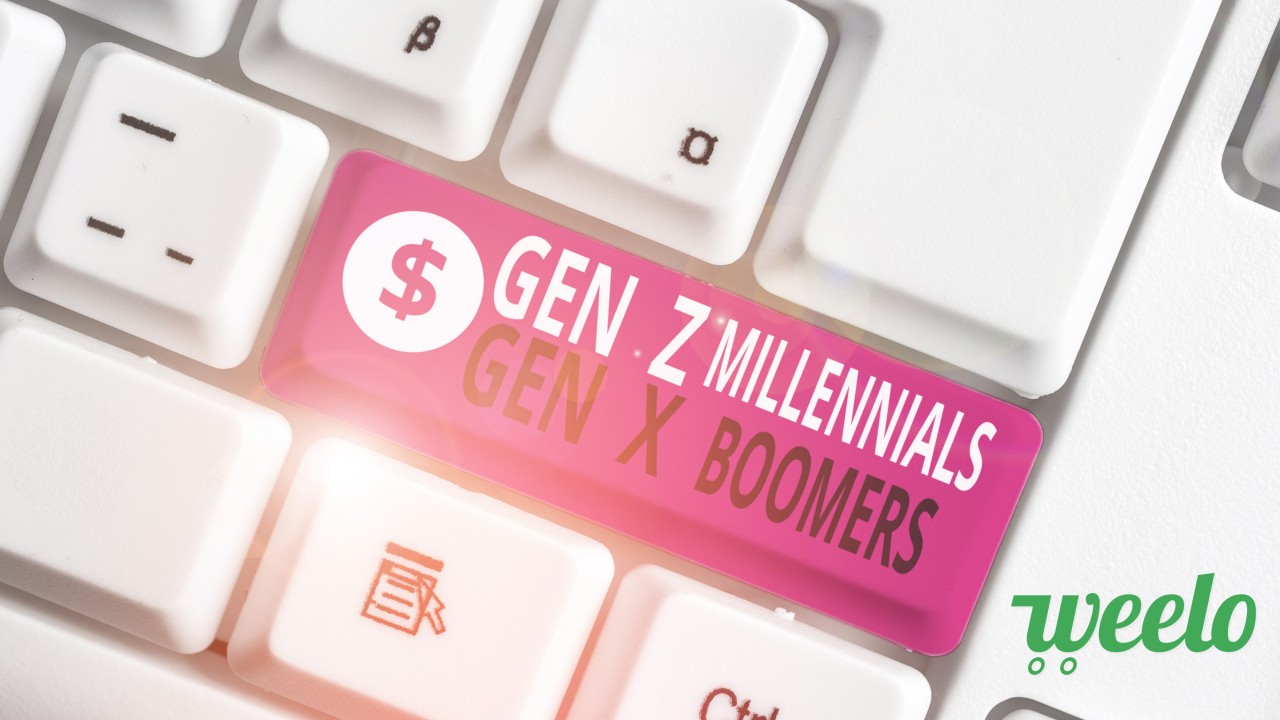
Understanding the Modern Consumer: Millennials and Gen Z
Posted by: on Sunday, May 19, 2024

Millennials and Gen Z consumers, often referred to as digital natives, are significantly influencing the future of FMCG sales through their unique preferences and values. Understanding and catering to their needs is crucial for FMCG brands to thrive in the evolving marketplace. Let's delve deeper into how e-commerce and online retail platforms can adapt to these changing consumer behaviors and drive exponential growth.
1. Convenience as a Priority:
Millennials and Gen Z consumers value convenience more than ever before. They seek streamlined shopping experiences that fit seamlessly into their busy lives. E-commerce and online retail excel in providing the convenience these consumers crave. With just a few clicks, consumers can browse through a vast range of FMCG products, compare prices, read reviews, and have their purchases delivered to their doorstep. Additionally, the advent of subscription models and auto-replenishment options allows for hassle-free and regular delivery of frequently purchased FMCG items. By prioritizing convenience, e-commerce platforms can attract and retain the attention of these tech-savvy consumers.
2. Personalization and Customization:
The future of FMCG sales lies in personalized and customized experiences. Millennials and Gen Z consumers expect tailored recommendations and offerings that resonate with their individual preferences. E-commerce and online retail platforms can leverage advanced technologies, such as artificial intelligence (AI) and machine learning, to analyze consumer data and deliver personalized product recommendations. By understanding each consumer's purchasing history, browsing patterns, and demographic information, FMCG brands can curate personalized shopping experiences, making consumers feel valued and understood. The ability to customize products, such as choosing flavors or ingredients, further enhances the appeal for these tech-savvy consumers who seek unique and tailored options.
3. Sustainability and Ethical Choices:
The environmental and social impact of FMCG products is a significant concern for Millennials and Gen Z consumers. They actively seek out brands that prioritize sustainability, ethical sourcing, and responsible manufacturing practices. E-commerce and online retail platforms provide an opportunity for FMCG brands to showcase their commitment to sustainability and transparency. By integrating eco-friendly supply chains, offering recyclable or biodegradable packaging, and supporting fair trade initiatives, FMCG brands can align themselves with the values of these environmentally conscious consumers. E-commerce platforms can highlight and promote brands that embrace sustainability, allowing consumers to make informed choices and actively contribute to a greener future.
4. Social Commerce and Influencer Marketing:
The influence of social media and digital content creators cannot be ignored when discussing new consumer behaviors. Millennials and Gen Z consumers heavily rely on social media platforms for product recommendations and reviews. E-commerce platforms can tap into this trend by integrating social commerce features, allowing consumers to make purchases directly from social media platforms. Additionally, influencer marketing plays a crucial role in shaping consumer preferences. Collaborating with relevant influencers who align with the brand's values and resonate with the target audience can significantly boost brand awareness and drive FMCG sales. E-commerce platforms can facilitate these collaborations, providing a seamless shopping experience for consumers.
In conclusion, the emergence of new consumer behavior driven by Millennials and Gen Z consumers presents both challenges and opportunities for FMCG brands. E-commerce and online retail platforms are well-positioned to adapt and cater to these evolving preferences. By prioritizing convenience, offering personalized experiences, embracing sustainability, and leveraging the power of social commerce and influencer marketing, FMCG brands can connect with these tech-savvy consumers on a deeper level, fostering long-term loyalty and driving exponential growth. Embracing these shifts in consumer behavior is essential for FMCG brands to thrive in the future marketplace and remain relevant in the digital age.
Related Topics
Maximizing Margins and Efficiency
Understanding Cost Plus vs. Margin Pricing in Sales and Distribution with WeeloEssential Tips for Success in a Competitive Market
Mastering DistributionHow Weelo's Advanced Software Solutions Drive Efficiency
Accelerating Order ProcessingHow Sales and Distribution Automation Empowers SMEs with Cost Savings and ROI
Unleashing Growth in SMEsNavigating Challenges in FMCG Sales Amid Disruptions, Shifting Tastes, and Fierce Competition
Overcoming FMCG Sales Challenges: Adapting to Disruptions and CompetitionInnovative Sales Strategies for the Digital Age
Transforming Sales with Digital InnovationLeveraging Rebate Strategies in Supply Chain Management with Weelo for Enhanced Efficiency and Cost
Boosting Supply Chain Efficiency with Weelo's Rebate StrategiesOptimizing SC Johnson Distribution Management and Field Sales Operations with Weelo
Enhancing SC Johnson's Distribution and Field Sales with Weelo: A Case StudySales Forecasting in a VUCA World with Weelo
Accurate Sales Predictions Amid UncertaintyMastering FMCG Trade Promotions and Pricing Strategies
Optimizing Profits in a Volatile MarketUnveiling the Latest Trends, Insights, and Strategies in FMCG Trade Promotions and Pricing
Unlocking New Trends and Strategies in FMCG Trade Promotions and PricingMeet The New Consumer Millennials and Gen Z
Understanding the Modern Consumer: Millennials and Gen ZDriving Growth in B2B Field Sales with AI
How Weelo is Transforming Sales Automation?